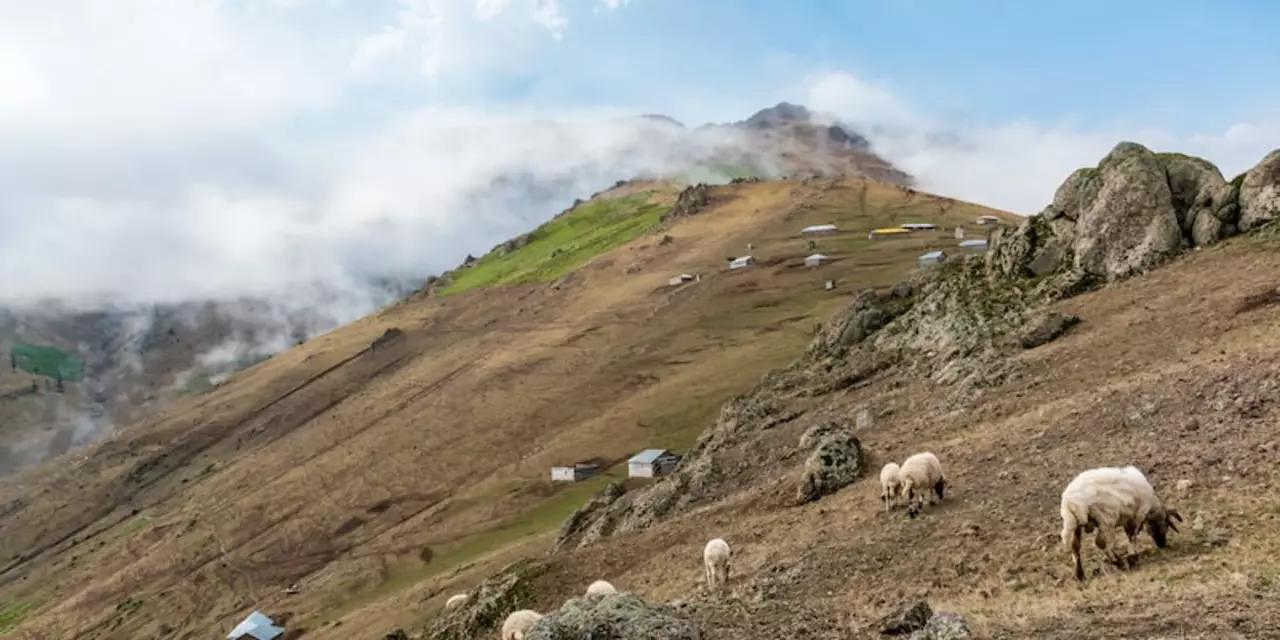Police: Your Rights, What to Do, and How to Stay Safe
Ever been unsure what to do when the police stop you or someone close calls for help? This page gives clear, no-nonsense tips you can use right away. No legal jargon—just straight advice so you don’t panic and make common mistakes.
If the police stop or question you
First, stay calm and be polite. You don’t have to answer every question beyond identifying yourself. In India, you must give your name and address when asked, but you don’t have to confess to anything. If they ask to search you or your phone, ask the reason. If you’re arrested, ask for a lawyer immediately. Don’t resist physically—use words and record details instead.
Recording: You can record police actions in public places unless it obstructs duty. If you record, say out loud your name and time so the clip is useful later. Sharing the recording with a trusted person in real time can help if things go sideways.
At the police station: FIRs, rights, and simple steps
If you report a cognizable offence, the police must register an FIR. If they refuse, ask them to record your complaint in writing and note the time. Keep copies of any receipts or written notes. If you’re the victim of violence or a sensitive crime, request a female officer or a medical exam immediately. Always insist on a medical certificate for injuries—it helps in court and compensation claims.
Remember to write down names and badge numbers of officers you deal with. If police want to hold you overnight, you have the right to meet a lawyer and inform someone—like a family member—about where you are. Bail rules vary by offence, but for many minor charges, bail is available quickly once you contact a lawyer.
Filing a complaint: If you feel mistreated, you can file a written complaint at the local station, with the Superintendent of Police, or use state police complaint cells. Keep copies and note dates. If the complaint is ignored, a legal aid clinic or lawyer can help move things up or file a writ in court.
At accident scenes and hit-and-runs, secure the spot if safe, take photos, get witnesses’ names, and ask the police to register an FIR immediately. Time matters for evidence and insurance claims.
For personal safety: avoid escalating a tense situation. If stopped at night, try to meet in a public, lit area. Share your live location with someone you trust. If you’re travelling alone, brief someone about your itinerary and check in at set times.
Final practical tips: keep emergency numbers handy, carry ID, and know one lawyer or legal aid contact. If you can, get basic knowledge of local police station names and the nearest magistrate court. Small preparations save stress later.
This tag gathers articles and Q&A about police encounters, rights, complaints, and safety. If you want a quick checklist to keep on your phone, say the word and I’ll write one up for you.

The Union Home Minister Amit Shah has recently said that the police and the central agencies need to coordinate better for the betterment of the security of the country. He said that the states and the union government need to work together to ensure that the law and order of the country is maintained properly. He also said that the use of technology should be implemented to make sure that the coordination between the agencies is improved.
Read More